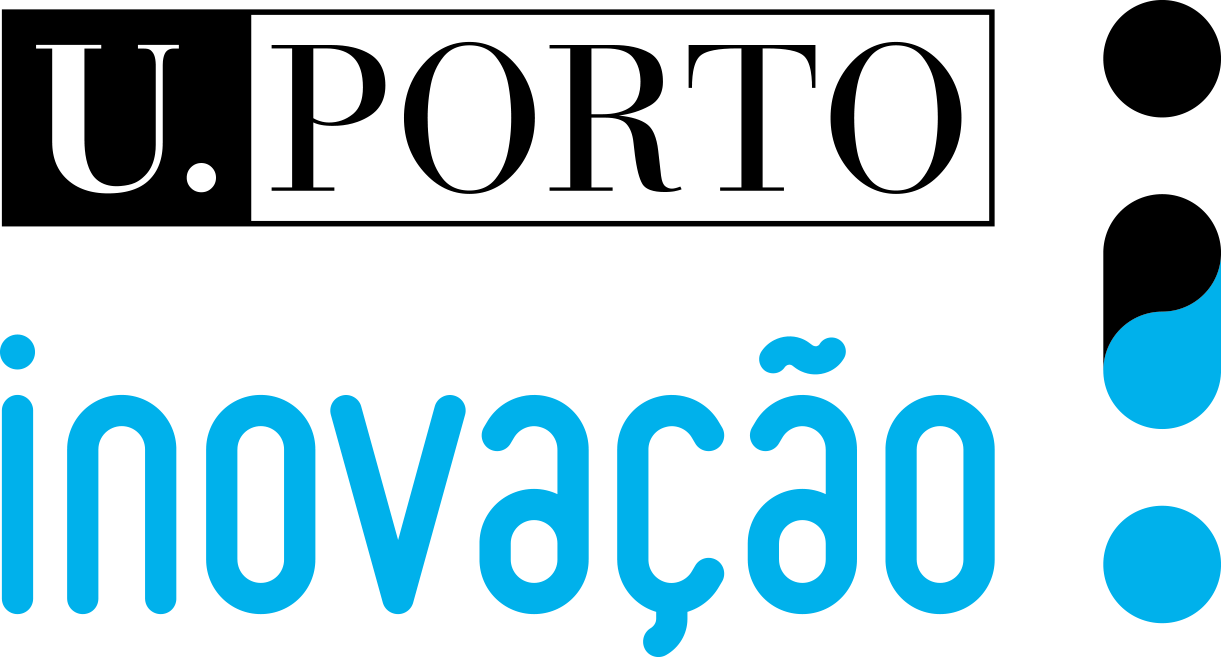The present patent concerns the use of coleon U in laboratorial tests for studying the signalling pathways involving the novel protein kinase C (PKC) isoforms, PKC-delta and PKC-epsilon. This invention also concerns the use of coleon U in the production of a medicine for the treatment of pathologies caused by imbalances related to the activity of PKC-delta and PKC-epsilon, such as cancer, cardiovascular and neurodegenerative diseases.
Despite the large efforts undertaken in this area, the number of selective modulators available for the PKC isoforms, mainly activators, is still very low. Protein kinases, such as PKC, constitute one of the main pharmacologist interests. Imbalances related to the activity of these proteins are often associated to various human pathologies, particularly those which involve inflammatory and proliferative responses, such as cancer, cardiovascular, rheumatic and neurological diseases.
Until now, very few selective activators of PKC isoforms have been recognised and, among them, selective activators of novel PKCs (nPKCs) are still unknown. Therefore, coleon U will represent the first selective activator of the nPKCs, PKC-delta and -epsilon, available. Selective activators of PKC-delta will have anti-cancer effects, representing promising drugs in the treatment of cancers. On the other hand, selective activators of PKC-epsilon will have potential therapeutic applications in the treatment of severe cardiac disorders, namely ischemic heart, cardiac hypertrophy, heart failure, hypertension and atherosclerosis, and brain degeneration, such as aging and Alzheimer’s disease. These evidences attribute to coleon U promising therapeutic applications.
Pharmaceutical industry for drug production






